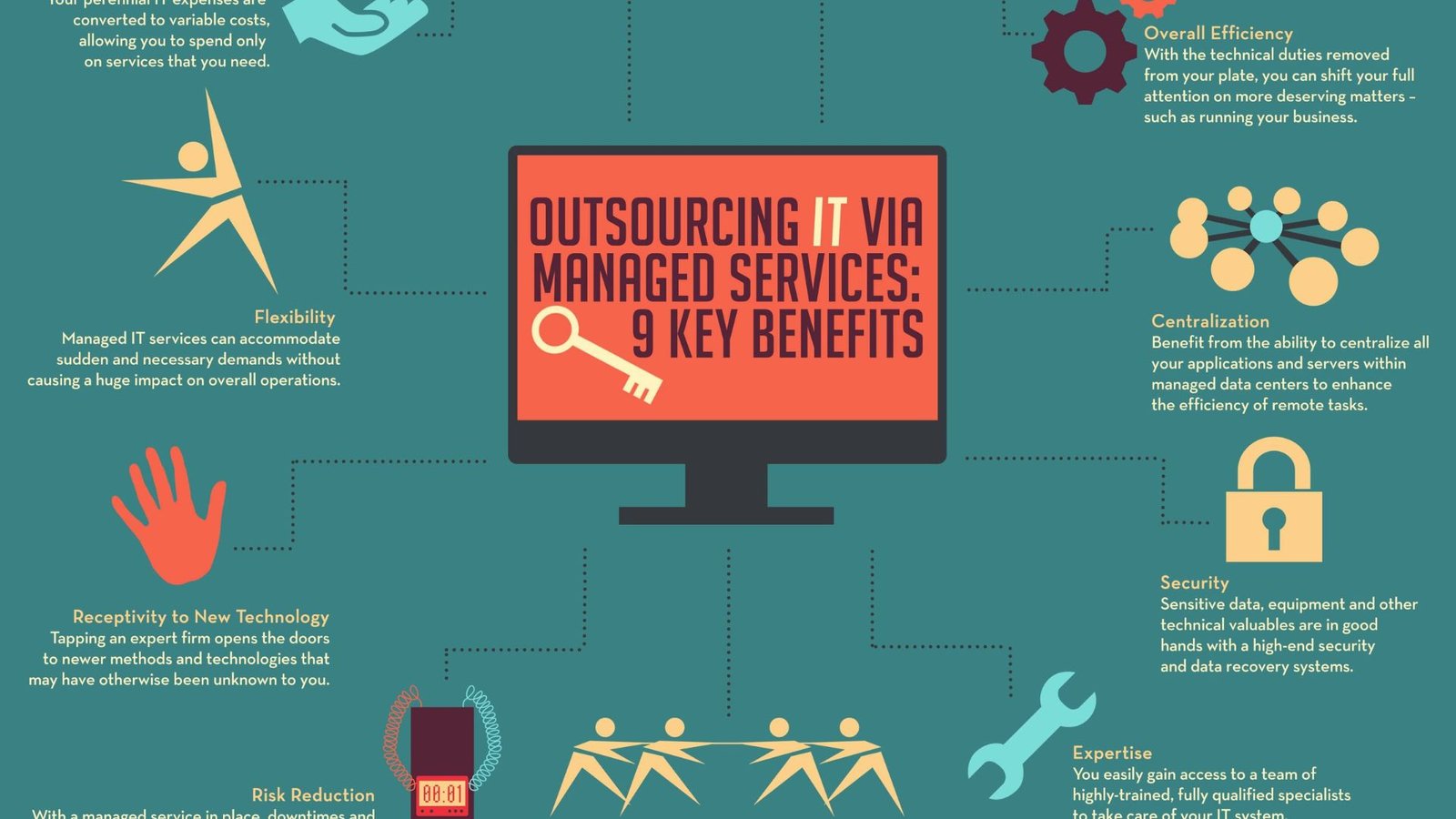Secure Hosting: Why It Matters
- By -Daisy
- Posted on
- Posted in Web Hosting
In today’s digital age, the security of your website is more important than ever. Whether you run a personal blog, an e-commerce site, or a business website, the integrity and confidentiality of your data should be top priority. Secure hosting plays a vital role in safeguarding your website from cyber threats, ensuring that sensitive information remains protected, and maintaining trust with your users. In this article, we will explore why secure hosting matters, the risks of insecure hosting, and how to choose the right hosting provider for your needs.

Protecting Sensitive Data
One of the primary reasons secure hosting matters is to protect sensitive data, especially for websites that handle user information. Personal details, payment data, and login credentials can be vulnerable to hackers if not properly secured. A secure hosting environment ensures that this data is encrypted and stored in a safe manner, preventing unauthorized access.
- Encryption: Secure hosting often includes SSL (Secure Sockets Layer) certificates that encrypt data transmitted between the user and the website. This prevents hackers from intercepting sensitive information during transactions or logins.
- Data Storage Protection: A secure host ensures that stored data is safeguarded through secure backups, firewalls, and access controls, minimizing the risk of breaches or data loss.
Preventing Hacking and Cyberattacks
A website that’s hosted on a secure server is much less likely to be a target for hackers. Insecure hosting providers can leave your site vulnerable to various types of cyberattacks, such as:
- SQL Injections: Cybercriminals exploit vulnerabilities in databases to gain unauthorized access and manipulate data. Secure hosting helps protect against these attacks by using firewalls and regularly updating server software.
- DDoS Attacks: Distributed Denial of Service (DDoS) attacks overwhelm a server with traffic, causing downtime. Secure hosting providers often offer protection against these attacks, keeping your website up and running even during high-traffic events.
- Malware and Viruses: Without proper security protocols in place, malware or viruses can infect your website and affect your server. Secure hosting includes regular security scans to detect and eliminate threats.
Maintaining Website Uptime
Secure hosting also helps to ensure that your website stays live and operational, which is crucial for user experience and business operations. Websites hosted on unreliable servers can experience frequent downtime, leading to lost revenue, missed opportunities, and damage to your reputation.
- Reliable Infrastructure: Secure hosting providers invest in robust server infrastructures, providing redundancy, backup, and monitoring services that minimize the risk of downtime.
- Server Monitoring and Maintenance: Secure hosting includes regular monitoring and software updates to ensure the server remains secure and functional. Automatic updates also ensure that security patches are applied promptly, reducing vulnerabilities.
SEO and Reputation Management
Search engines like Google prioritize websites with secure connections and reliable hosting when determining search rankings. Websites that are not secure can be penalized in search rankings, leading to reduced visibility and organic traffic.
- Secure Site Ranking: Websites with HTTPS (enabled through SSL certificates) are given a ranking boost by search engines, improving your SEO and making your site easier for users to find.
- Trust and Credibility: A secure website instills trust in visitors. Browsers like Chrome and Firefox flag unsecured websites with a “Not Secure” warning, which can deter potential customers. A secure website assures visitors that their data is safe, boosting confidence and credibility.
Compliance with Regulations
For many businesses, secure hosting is not just a recommendation but a legal requirement. Several regulations and industry standards require websites to protect user data, especially for those operating in specific sectors.
- GDPR Compliance: The General Data Protection Regulation (GDPR) mandates strict rules on how personal data must be handled, stored, and protected. Secure hosting providers can help you meet these requirements by offering data protection services such as encryption and secure backups.
- PCI-DSS Compliance: If your website processes credit card payments, it must comply with the Payment Card Industry Data Security Standard (PCI-DSS). Secure hosting providers that meet PCI-DSS standards help ensure that your website can safely handle payment information.
Conclusion
Secure hosting is more than just a precaution—it’s a necessity for any website that handles user data, operates an online business, or strives to maintain a reputable presence on the web. It protects sensitive data, prevents cyberattacks, ensures uptime, and helps with SEO rankings. Additionally, it keeps your business compliant with industry regulations and safeguards your brand’s reputation.
When choosing a hosting provider, prioritize security features such as SSL certificates, firewalls, regular backups, and scalability. By investing in secure hosting, you’re not only protecting your website but also providing a better experience for your users, fostering trust, and setting your business up for long-term success.


